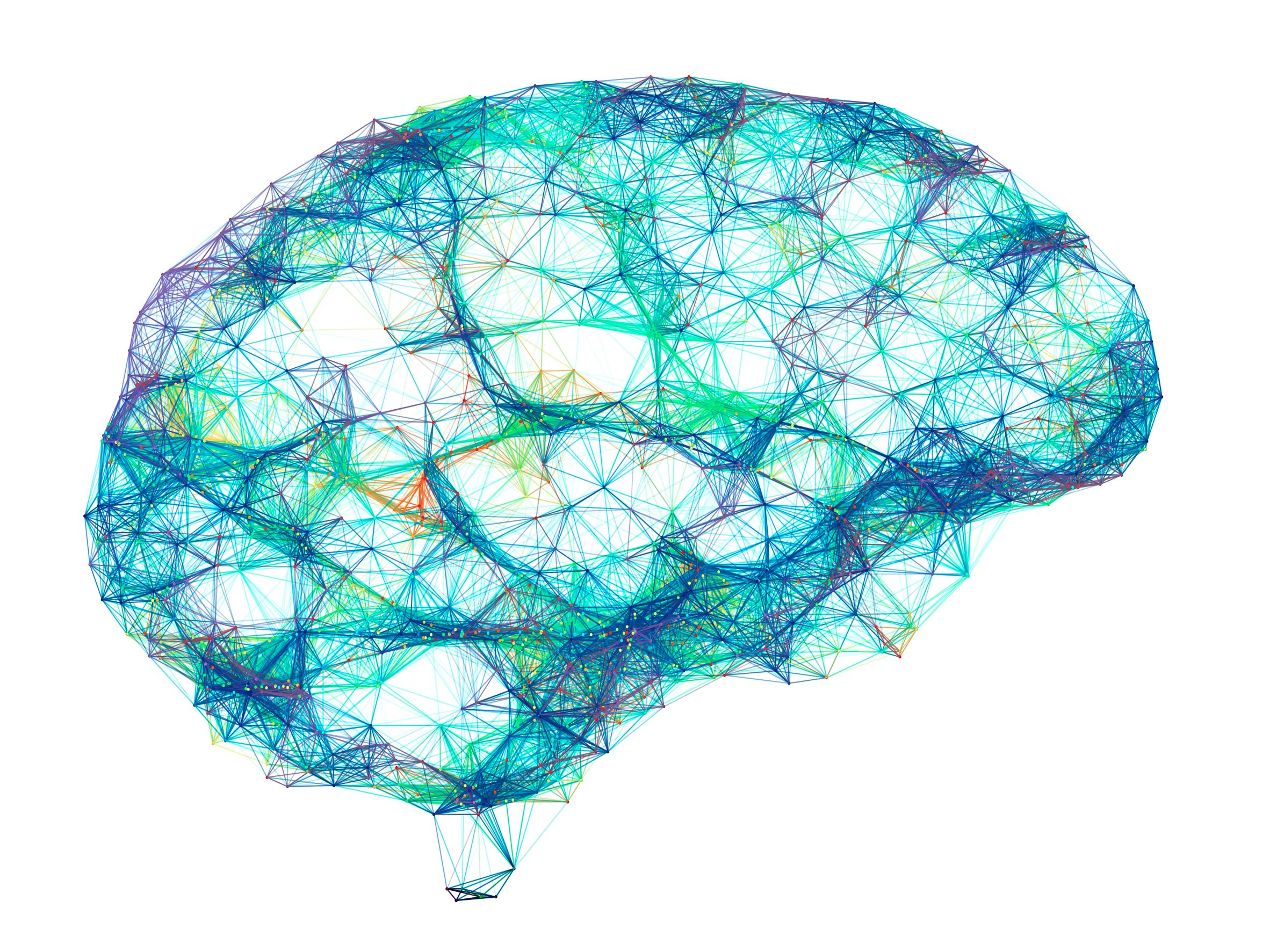Digital systems and algorithms are not necessarily neutral. Social stereotypes and existing injustices can be reproduced by technology. With targeted trainings, participants can be sensitized to their own unconscious thought patterns and develop practical measures specifically adapted to agile processes for more diversity in team and project work, leadership, human resources and product development, allowing them to transfer back to the organization the skills they’ve learned.
Algorithmic Bias
Algorithmic bias can play a role, for example, in applications for predicting job seekers’ chances on the labor market, where women are often rated as less employable. Or in facial recognition software that performs significantly less well when it comes to recognizing Black people. On average, an unfair IT system is more problematic than a discriminatory individual decision because it affects more people. In addition, unequal treatment can be more difficult to understand for those affected. The rise of online hate speech or reports about the lack of diversity in IT teams provide additional reason to focus on responsible digitization and software development.

Diversity-sensitive development
Unconscious thought patterns can have an impact on the success of software projects in all phases of development. On how we process information, how we collaborate in development teams, who we hire and promote, how effectively we lead, and what products we develop. Being actively engaged as an organization to increase equity and diversity isn’t just important from a societal perspective. Diverse teams have a greater propensity to engage in innovative thinking, bringing new ideas and motivations into companies. The shortage of skilled workers can be effectively countered by addressing a diverse pool of applicants. Diversity-sensitive development can ensure that all end-users can profit from digital tools and digitized measures. This can increase customer satisfaction and open up new target groups. In the case of technical developments that aren’t fully designed with people in mind, there is also a risk of market failures and issues relating to risk and (non-)compliance.
The digital is human-made
There are many reasons for this, but primarily because the digital is human-made (what used to be called “man-made”). During design and testing of a device or program, for example, we often assume that we – or people like us – will be the future users. In homogeneous teams, however, this can also result in us overlook the needs of people who are not like us, leading to our unconscious thought patterns and stereotypes being reproduced in the design principles underlying products. Biased data can also make automated decision-making systems or AI applications unfair. However, the digital is not “bad” in itself. Digital applications allow us to work faster and in a more efficient way – and digital developments have huge potential: unlike us humans, IT is not subject to daytime moods or fatigue and, when it works at its best, can perhaps even make more rational decisions. That’s why we can also use software and artificial intelligence to shine a brighter light on unequal treatment and to make unjust and biased analog processes fairer.

Understanding your own thought patterns
Our offerings are aimed at technicians such as developers and Scrum MAs, as well as non-technicians. In order to do justice to the different types of knowledge required, we focus on specific topics depending on the target group. We help you to be sensitive to the special challenges and innovation potentials especially in digitization and software development as well as in the use of digital offerings, to understand your own unconscious thought patterns and/or to familiarize yourself with measures for user-oriented development as well as how to engage in more diversity-sensitive teamwork. This includes specially tailored concepts for developers and agile teams that are closely related to everyday practice in tech companies. Our offers are also aimed at managers and employees in recruiting and human resources departments, as the tech industry has its own challenges in the area of diversity-sensitive HR work. For multipliers in the field of diversity and equal opportunities, we offer special awareness-raising programs.
Our offer
- What stereotypes are at work in the digital world, how can software and artificial intelligence become unfair, and at what points can IT contribute to more justice?
- To address these questions, this offer examines the interplay between digitalization and gender justice or diversity and looks at the opportunities and challenges of digital transformation.
- The aim of the program is to raise awareness of the phenomenon of algorithmic bias, to identify potential areas of action, relating – and eventually transferring – this to the participants’ own day-to-day work.
- The course is aimed at multipliers and newcomers to the digital world; no prior technical knowledge is necessary
- When do I catch myself taking mental shortcuts? Which unconscious biases hinder me in my daily project work, both technically and in the (Scrum) team? And what influence can all this have on the development of technical products?
- The Unconscious Bias in IT workshop explains the origins of unconscious thinking patterns and outlines the consequences that cognitive shortcuts and pigeonhole thinking can have for collaboration in tech teams, IT project success, HR work and recruiting, and the quality of digital products.
- The aim of the offer is to raise awareness of unconscious bias in IT, to develop best practices for a reflective approach to unconscious thought patterns in everyday work, and to transfer what has been learned into practice.
- The offer is aimed at managers and HR staff as well as people and teams who are (in)directly involved in developing software.
- At which points can digital systems and tools be gender-justified? How can we prevent an algorithmic bias from occurring? And how can we design digital offerings that appeal to more people in their diversity?
- These are just some of the questions in diversity-sensitive development. The goal of the workshop is to develop tools and methods for the development or use of more inclusive software and digital offerings.
- The offer is aimed specifically at companies that develop IT products themselves as well as organizations that are currently undergoing digitalization and using new technologies in the process. The content is suitable and relevant for employees at all levels and functions.
We offer three different formats:
- Interactive lecture/information session (up to 90 minutes)
- Short workshop (3 to 4 hours)
- Full-day training (6 to 8 hours)
All formats can be adapted to the specific needs of the participating organization.
Feel free to contact us if you’d like additional consulting and/or solutions tailored specifically to your organization’s requirements.
More information
Contact



